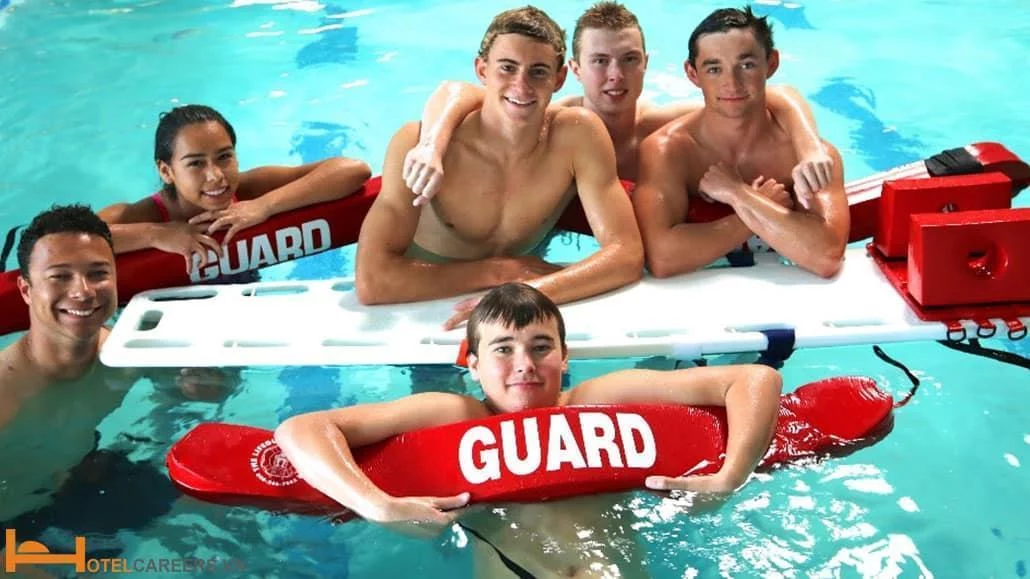For many people, especially teens and young adults, becoming a lifeguard seems like an exciting summer job opportunity. You get paid to sit and watch the pool or beach all day. However, lifeguard courses are actually much more involved and interesting than many people expect. Through American Lifeguard Events, this article will explore what's covered in lifeguard courses and why they can be such a unique and valuable learning experience.
First Aid and CPR Skills
A core component of any lifeguard course is teaching students first aid and CPR skills. Students will learn how to perform adult and pediatric CPR as well as first aid for injuries ranging from small cuts and noses to broken bones. Being able to care for medical emergencies that occur in an aquatic setting is a vital part of the job. Lifeguard courses use interactive lessons, videos, and hands-on practice with mannequins to ensure students truly master these skills before certification.
Water Rescue Techniques
Another major focus is learning effective and safe water rescue techniques. Lifeguards must be confident and prepared to enter the water fully clothed to rescue a struggling or unconscious swimmer. Courses teach elementary backstrokes, front and back carries, removal of conscious and unconscious victims from the water, and more. Mastering these potentially dangerous water skills takes practice, but it is immensely rewarding to gain this level of ability to save lives.
Scanning and Surveillance
Lifeguards must be constantly scanning their zone of responsibility for any signs of emergencies, from a potential spinal injury to unsafe behavior. Courses teach surveillance techniques to efficiently scan large areas through zone theory. They also cover hazard prevention, emergency action plans, and handling difficult patrons. Being able to diligently scan for dangers while still remaining approachable is a true art that takes concentration to perfect.
Relationships and Professionalism
Soft skills are also emphasized, from communicating professionally to maintaining good relationships with staff, patrons, and emergency responders. Courses advise on mediating disputes, etiquette for difficult conversations, and keeping a calm demeanor even in stressful situations. Lifeguards act as role models and are often the first stop for any incidents or aid on the pool deck, requiring polished interpersonal skills.
Continued Learning
Once certified, lifeguarding skills need ongoing practice and refreshers to stay sharp. Many courses strongly encourage continuing education and offer supplemental courses on topics like deep water lifeguarding, facility management, injury prevention, and teaching lifeguarding. Through certification renewals and advanced training, American Lifeguard Events helps produce career-oriented lifeguards committed to service and improvement.
Rewarding Career Paths
Beyond a summer job, lifeguard certifications open doors to many potential career paths in public safety, healthcare, education, fitness training, and aquatics program management. Teachers, EMTs, athletic directors, and beyond will all appreciate lifeguard course skills. The lessons in responsibility, leadership, critical thinking and work ethic can prove invaluable for future professions.
Final Words
While often seen as a fun summer job, lifeguard courses impart much more to students through skills training, professional development, and instilling a dedication to safety. For those seeking a challenging role where days feel meaningful, lifeguarding presents engaging learning and numerous potential long-term directions. Through a focus on service and prevention, American Lifeguard Events strives to cultivate the next generation of impacts through water safety training and life-changing certifications.

